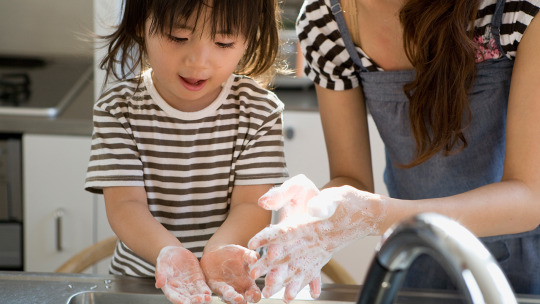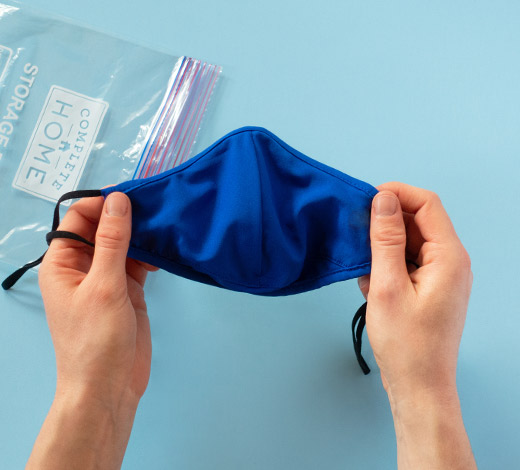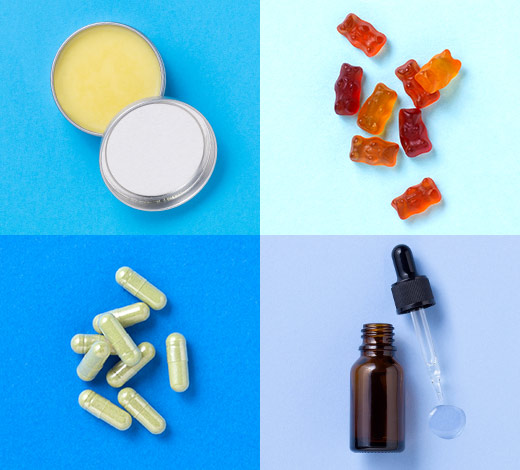
Germs are everywhere—bacteria and viruses are found in the air, on food, surfaces, animals and even on your body.

Many types of germs can lead to colds, flu, stomachaches, food-borne illnesses and skin infections. Protect yourself and your family from germs and illnesses this cold and flu season with these helpful tips.
Germs can spread many different ways
The most common ways germs can spread is through the air, by sneezing or coughing. They can also spread through shaking hands, kissing and touching contaminated surfaces.
Germs can also be easily transferred from hands to food then passed to those who eat the food. Similarly, germs from raw foods, such as chicken, can pass to hands while preparing a meal.
This may (or may not) surprise you: British researchers found that one in six mobile phones in Britain is contaminated with fecal matter – most likely from failing to wash their hands properly with soap after going to the toilet.
Shopping can be hazardous to your health.
One of the filthiest areas of a shopping center is the restroom sink—where bacteria can live and thrive on the faucet from contact after just one person uses the toilet. Shopping carts are another hot spot for germs.
Children – love them, but beware of germs.
Whenever children are in close contact with one another, there is a chance of spreading infections. And about one-quarter of children under the age of five are in day care centers, nurseries, or preschools. Colds, flu, pink eye and other illnesses are commonly spread in these settings. Germs can also be passed from infants to adults during diaper changing.
Watch the pets.
Pets and other animals carry germs and can pass them to people. Touching animals, animal waste, their food and their supplies can transmit diseases.
Handwashing is one of the best defenses against germs.
Reduce your chances of getting sick from germs by always washing your hands with soap and warm water after using the toilet or changing a diaper, blowing your nose, coughing or sneezing into your hands, handling raw meat, touching an animal or animal waste, shaking hands, and handling garbage or trash. Be sure to wash your hands before preparing and eating food. It’s also important to wash your hands before and after caring for someone who is sick or treating a cut or wound. Wash for at least 20 seconds and rub your hands briskly. Public health workers say you should wash your hands for as long as it takes to sing a verse of “Happy Birthday.” When soap and water aren’t available, alcohol-based hand-sanitizing gels can offer protection.
More ways to protect yourself and others.
Preventing the spread of germs at home or in places like childcare settings starts with basic hygiene, covering your mouth and nose when you cough or sneeze, throwing away used tissues, not sharing utensils or glassware, and frequent hand washing. Cleaning and disinfecting surfaces and objects can help reduce the spread of germs. Keeping your hands away from your eyes, nose or mouth is important too. Staying home when you’re sick helps prevent spreading your illness to others.
Getting vaccinated can help keep you from getting sick with certain infections. It also can help protect those around you from getting sick. Make sure your whole family is up-to-date with your recommended vaccinations, including the flu shot.
Be well, stay well~
Pharmacist Andy
Andy Stergachis, Ph.D., R.Ph. is the Director of the Global Medicines Prograat the University of Washington in Seattle and a subject expert on public health and pharmacy-related topics.


